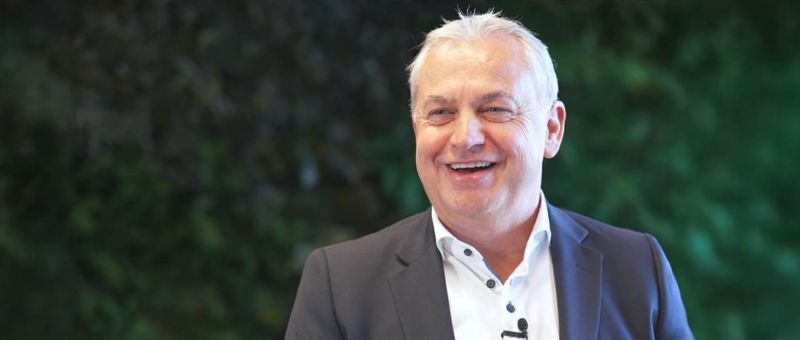News Orange meets green: fighting global heating
Orange Belgium's total CO2 emissions have dropped by almost 80 % since 2006. Orange Belgium also aims to reduce its remaining CO2 emissions by another 20 % by 2025. "Digital technology is one of the solutions to fight global warming, especially because it reduces the need for travel. But we must also do everything we can to reduce our own CO2emissions," says Anne De Vos. "We are committed to being carbon neutral by 2040, ten years ahead of industry targets. This goal is in line with the commitments made in 2015 in the Paris Agreement."
Responsibility
As a telecoms operator, Orange is acutely aware of its important role in terms of corporate social responsibility. "It is a shared responsibility between Orange as an operator and our customers. It is our job to raise awareness among customers while providing the tools for them to play their part," says Anne De Vos.
Orange is also working hard to drastically reduce its CO2 emissions in many ways. "We are improving the energy efficiency of our networks, particularly by reducing CO2 emissions from our data centres. We use solar panels and wind turbines as sources of renewable energy, and we're also reducing the consumption of our buildings and vehicles. Orange's Mobility Plan aims to offer greater flexibility in terms of commuting time to workers, depending on their specific needs, the weather, traffic, etc. In turn, employees are encouraged to look at more environmentally friendly ways of travelling. We want to reduce our mobility carbon footprint by 30 % by 2023. At the same time, we're investing in carbon capture solutions to reduce our residual emissions. Finally, we want to step up our efforts when it comes to energy and circular economy."
BuyBack
"Digitalisation also has an impact on the environment through the use of electronic devices, particularly smartphones," Anne De Vos continues. "It's estimated that over 10 billion smartphones have been sold worldwide since 2007. They are made of plastic and glass, but also contain many precious metals. Smartphones are still largely the result of a linear economic model: mining, production concentrated in Asia, rapid upgrades and short lifespan with little collection and recycling. It is estimated that it takes about 70 kilograms of raw material to make one 120-gram smartphone, 500 times its weight."
To reduce the need for mining new raw materials – and therefore move towards a more circular economy – Orange works with partners that buy back used mobile devices, repair them, and give them a second life. Devices that cannot be repaired are dismantled and recycled according to the state of the art. "Belgians change their phones every two years on average, while in 88 % of cases their mobile phone still works. Thanks to the BuyBack programme, we will have reduced our CO2 emissions by 239 tonnes in 2020 and planted 1,500 trees in Belgium," notes Anne De Vos.
Discover how Orange approaches sustainable business



